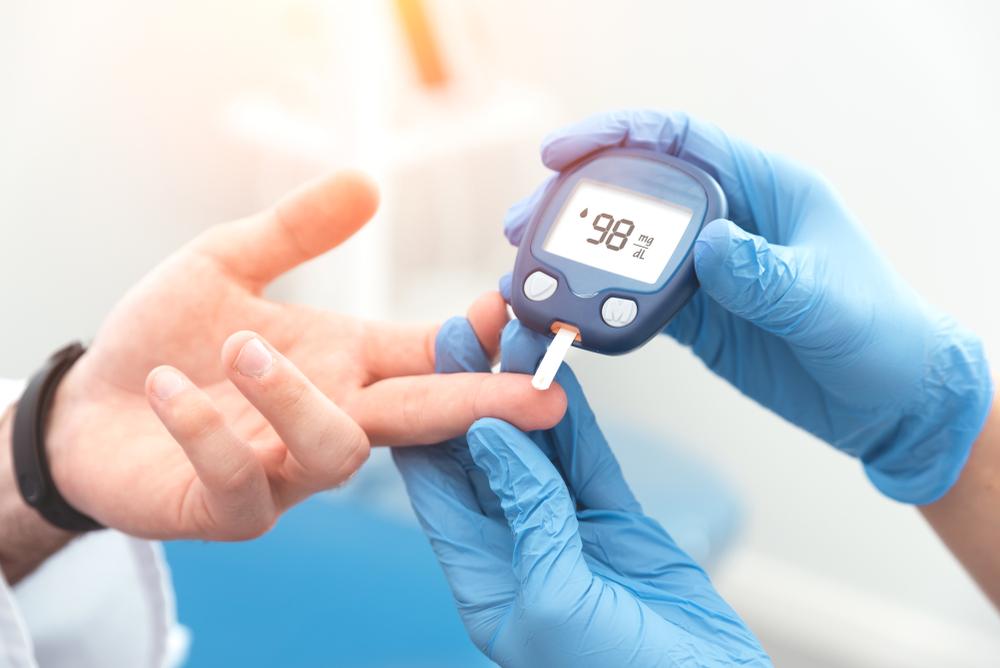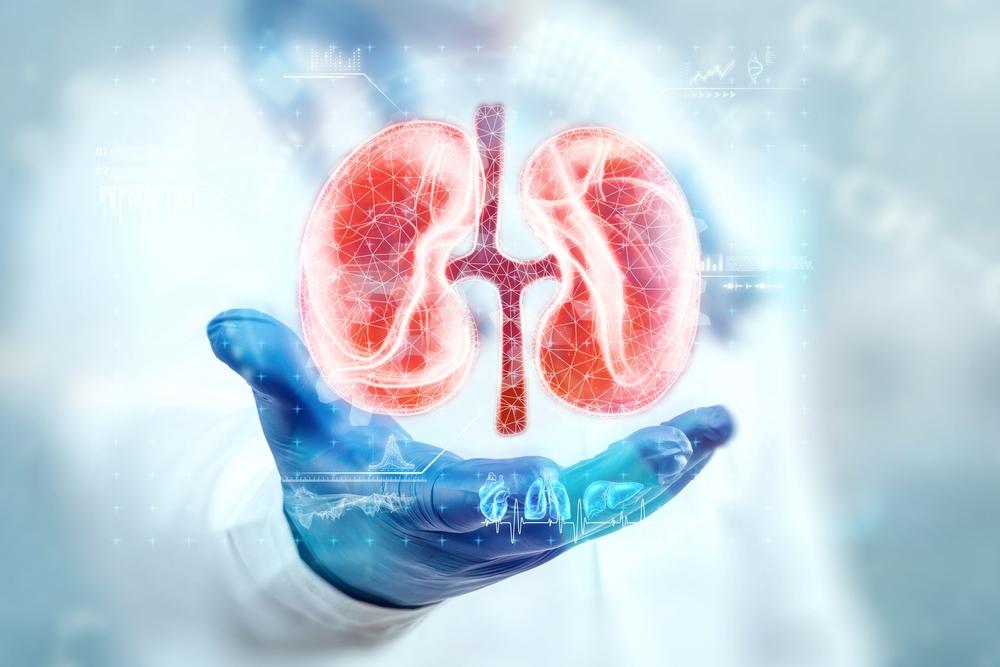Medical Nutrition Therapy

If you are a medical doctor and would like to refer your patient/s for nutrition counseling (Medical Nutrition Therapy), please download our Referral Form HERE. Please follow instructions on the form which provides our secure fax number and what supporting documents to forward to us along with this form.
Thank you for taking time to provide the best possible care for your patients. We look forward to partnering with your practice. Should you have any further questions or need assistance, please contact us at 817-751-7001 or email us at info@turn-wheel.com.
Medical Nutrition Therapy
MNT, provided by a Registered Dietitian Nutritionist (RDN), includes:
- Individualized nutrition assessment
- Help with establishing a plan of care, setting goals and planning lifestyle change
- Providing overall guidance on disease-specific guidelines
- Promoting self-care behaviors for effective self-management
- Monitoring progress and changes to medical status, making appropriate adjustments


Common Reasons for Nutrition Referrals

- Diabetes and Pre-Diabetes
- Kidney Disease
- Weight loss or Bariatric Surgery
- Digestive Problems
- High Blood Pressure
- Pregnancy
- Sports Performance
- Food Label Reading
- Healthy Lifestyle
Registered Dietitians and Health Coaches at TurnWheel support lifestyle recommendations such as:
- Limiting fast food
- Changing eating habits (ie. time of day, binge eating)
- Medication adherence
- Smoking cessation
- Alcohol avoidance
- Increasing exercise
- Limiting fast food
- Changing eating habits (ie. time of day, binge eating)
- Medication adherence
- Smoking cessation
- Alcohol avoidance
- Increasing exercise
Provider Benefits
What your healthcare practice gets:
- Improved outcomes
- Expanded support for your patients
- Physician follow-up reinforcement
- Improved patient engagement
- More satisfied patients
What your patients get:
- Ability to direct the path of their own care
- Ability to focus on specific disease states
- Trained expertise in managing health goals
- Patient confidentiality and HIPAA compliance
- Mobile/Telehealth coaching sessions
Heart Disease

Heart Disease is a condition that affects the heart muscle, heart valves, coronary arteries and heart rhythm. There are many forms of heart disease. The most common type in the U.S. is coronary heart disease (CAD). The disease is caused by cholesterol deposits and other substances which can build up in the arteries over time. Left untreated, these deposits called plaque can restrict blood flow to the heart.
Atherosclerosis is the condition of narrowing of the arteries from plaque build-up. It is therefore important to make necessary lifestyle changes as early as possible to slow the progression of the disease. When the heart does not get enough blood, chest pain known as angina can occur that is the most common symptom of CAD. Untreated CAD can result in deterioration of the heart muscle which can lead to heart failure. Heart failure is the state in which the heart cannot pump enough blood through the body. It is also a significant cause of kidney failure.
OTHER HEALTH CONSEQUENCES
- Heart attack
- Stroke
- Pulmonary embolism
- Cardiac arrest
- Peripheral artery disease (PAD)
- Atrial fibrillation
- Heart attack
- Stroke
- Pulmonary embolism
- Cardiac arrest
- Peripheral artery disease (PAD)
- Atrial fibrillation
RISK FACTORS
- Age (risk increases with age)
- Sex (Men more at risk. Risk in women increases after menopause)
- Overweight/Obesity
- Physical inactivity
- Drug abuse
- Stress
- High blood sugar levels
- Excessive use of alcohol and caffeine
- Poor dental health
- Smoking tobacco
- Poor diet (high in fat, salt and sugar)
- Family history of heart disease
- High blood pressure
- High cholesterol
Obesity

Obesity is defined in different ways. It is generally characterized by having a higher body fat mass in relationship to muscle. Although there are some rare genetic causes of obesity, it is mostly caused by an imbalance of stored energy versus energy expenditure.
Body mass index (BMI) is a widely used measure due to its ease of use and is based on height and weight. A BMI of 30 kg/m2 or higher is considered obese by the Centers for Disease Control and Prevention (CDC). BMI is used as a screening tool but cannot diagnose body fatness or the health of an individual.
There are other methods to measure body fatness including skinfold thickness with calipers, underwater weighing, bioelectrical impedence, and dual-energy x-ray absorptiometry (DXA). Below is a chart used to determine weight status based on BMI.
BMI Weight Status:
- Under 18.5 Underweight
- 18.5 – 24.9 Normal or Healthy Weight
- 25.0-29.9 Overweight
- 30 -34.9 Class 1 Obesity
- 35-39.9 Class 2 Obesity
- 40 and above Class 3 Obesity (severe)
- Under 18.5 Underweight
- 18.5 – 24.9 Normal or Healthy Weight
- 25.0-29.9 Overweight
- 30 -34.9 Class 1 Obesity
- 35-39.9 Class 2 Obesity
- 40 and above Class 3 Obesity (severe)
FACTS
At the same BMI, women tend to have more body fat than men. At the same BMI, Blacks have less body fat than do Whites. Athletes have a higher BMI due to increase in muscle mass. Obesity is higher among adults age 40-59 years and older adults age 60 and over. Obesity is related to heart disease, stroke, Type 2 diabetes and certain types of cancer.
HEALTH CONSEQUENCES
- Age (risk increases with age)
- Sex (Men more at risk. Risk in women increases after menopause)
- Overweight/Obesity
- Physical inactivity
- Drug abuse
- Stress
- High blood sugar levels
- Excessive use of alcohol and caffeine
- Poor dental health
- Smoking tobacco
- Poor diet (high in fat, salt and sugar)
- Family history of heart disease
- High blood pressure
- High cholesterol
Diabetes

Diabetes is a condition affecting the pancreas and its ability to produce and/or use insulin. The pancreas releases the hormone insulin which allows blood sugar (glucose), derived from the food you eat, to be used by your cells for energy. Without insulin or the ability to use it, blood sugar levels continue to rise which can cause destruction and dysfunction of blood vessels and body cells. There is no cure for diabetes however medical, diet and lifestyle management can reduce the impact of the disease.
FACTS
- Diabetes is the #1 cause of kidney failure, lower limb amputations and adult onset blindness.
- The number of adults diagnosed with diabetes has tripled over the past 20 years.
- Obesity is a risk factor for diabetes.
- Only 5% of people with diabetes have Type 1 which is an autoimmune disorder that attacks the cells of the pancreas. It is mostly diagnosed in children, teens and young adults.
Most people have Type 2 diabetes which tends to develop over time however, children, teens and young adults are being diagnosed with Type 2 at increasing rates. Type 2 can be prevented or delayed with appropriate lifestyle changes.
Pre-diabetes
Pre-diabetes is a condition where blood sugar levels are elevated and increases the risk of Type 2 diabetes. 1 in 3 adults have pre-diabetes and 90% do not know they have it.
Gestational diabetes
Gestational diabetes develops in pregnant women which increases the risk of health complications, including Type 2 diabetes later in life, for the baby and mother. The baby is also at greater risk for obesity as a child or teen. Diabetes is considered a cardiovascular disease and therefore increases risk of heart attack and stroke. It has also been associated with certain types of cancers. See link below for more information.
Kidney Disease

Chronic kidney disease (CKD) is a condition where the kidneys are not filtering excess fluid and waste from the body. CKD is a disease that worsens over time however early treatment can slow the progression. Kidney failure or Stage 5 End Stage Renal Disease (ESRD) requires regular dialysis or a kidney transplant. Not all patients with CKD progress to kidney failure. If you have diabetes or hypertension it is important to get tested every year and make appropriate lifestyle changes.
HEALTH CONSEQUENCES
- Anemia (low blood cell count)
- Increased risk of infection
- Low Calcium, high Potassium and high Phosphorus levels in the blood
- Loss of appetite Depression Erectile dysfunction
RISK FACTORS
- Diabetes
- High blood pressure
- Heart disease
- Family history of CKD
- Obesity
- Smoking
- Diabetes
- High blood pressure
- Heart disease
- Family history of CKD
- Obesity
- Smoking
FACTS
- CKD is the #9 leading cause of death in the U.S.
- Early CKD does not have signs or symptoms
- Blood and urine tests are needed to check for CKD
